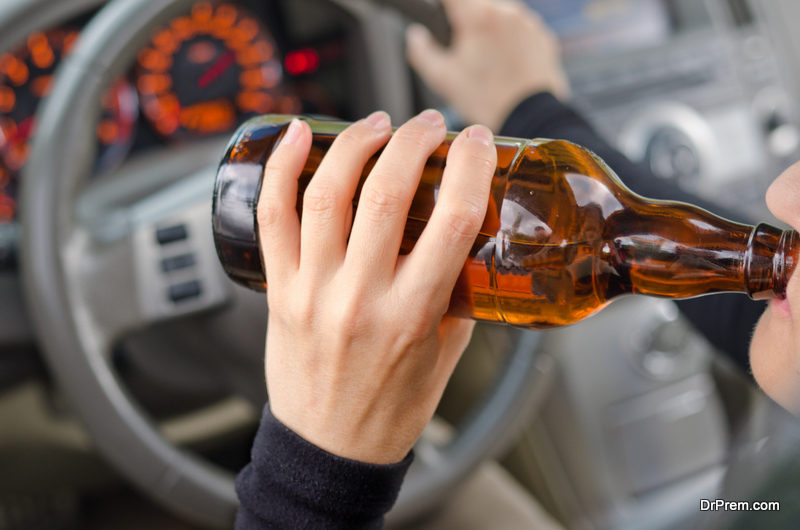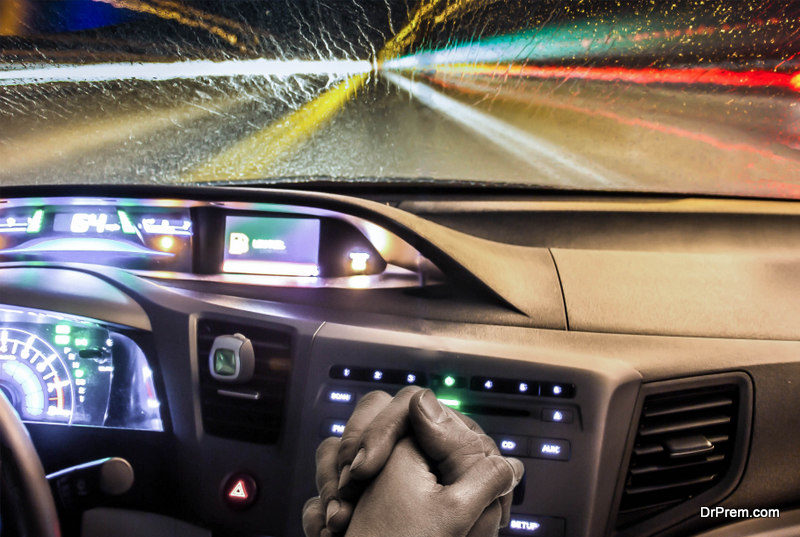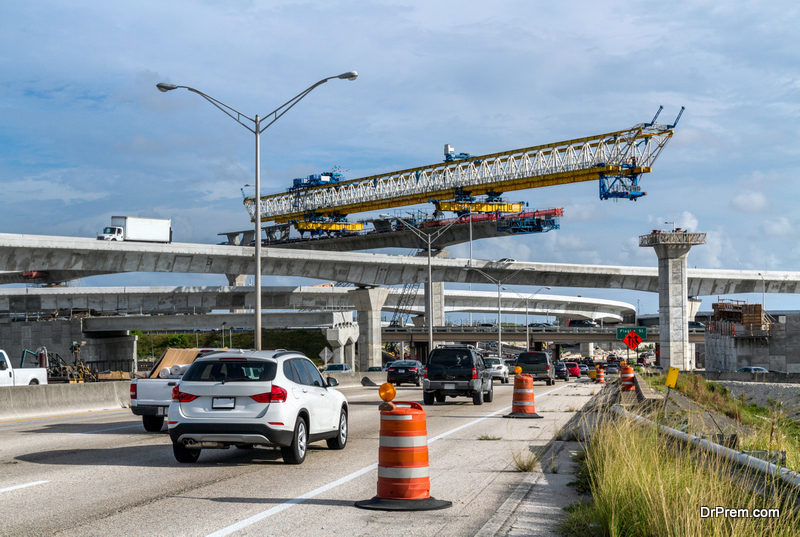Nobody wants to be in a car accident, but they happen every day. Nearly 1.25 million people die in motor vehicle crashes every year, which averages out to 3,287 motor vehicle deaths each day. Very few of these deaths are the result of intentionally violent driving or activities, which means, most of them are the result of mistakes, accidents, and coincidences.
Understanding the factors most commonly responsible for car accidents can help you actively prevent those factors from influencing an accident in your own life. It may also help you figure out who’s at fault in an accident you were a part of, ultimately helping you seek compensation from the legal system if you weren’t the one at fault.
When you are injured in an accident that was not your fault, the first thing you should do is seek out the services of proficient car accident attorneys specializing in car accidents who have the experience and expertise to help you build a strong case and get the compensation you deserve. They will also work tirelessly on your behalf to make sure that your rights are protected every step of the way. With a seasoned attorney on your side, you can be confident that you have the best possible chance of winning your case.
The Most Common Factors Responsible for Car Accidents
The biggest motivations for car accidents will vary by location, but these factors are almost universally present:
Intoxicated driving
 Drunk driving crashes take more than 10,000 lives every year. Any form of intoxication, including drinking alcohol, doing drugs, or even taking certain prescription medications can seriously impair your ability to drive safely. It can interfere with how you perceive your environment, dramatically slow your reaction time, and distort your ability to make good decisions. On top of that, it can make you overconfident in your abilities, making you more likely to start driving in the first place.
Drunk driving crashes take more than 10,000 lives every year. Any form of intoxication, including drinking alcohol, doing drugs, or even taking certain prescription medications can seriously impair your ability to drive safely. It can interfere with how you perceive your environment, dramatically slow your reaction time, and distort your ability to make good decisions. On top of that, it can make you overconfident in your abilities, making you more likely to start driving in the first place.
Drowsy driving
Driving drowsy can sometimes be as bad as driving while intoxicated. When you’re sleepy, you’ll be less capable of responding to threats in a fast, controlled manner. Your vision might be slightly blurred, and in some cases, you may be inclined to fall asleep suddenly, almost certainly causing an accident.
Negligent or reckless driving
 Some drivers cause accidents because they’re driving in a negligent or reckless manner. For example, they may deliberately ignore traffic signs, traveling through stoplights or failing to yield. They may also be speeding, which can increase both the risk of an accident occurring and the severity of the accident once initiated. Traveling faster than the posted limit increases the distance it takes to stop, and reduces your level of control over the vehicle.
Some drivers cause accidents because they’re driving in a negligent or reckless manner. For example, they may deliberately ignore traffic signs, traveling through stoplights or failing to yield. They may also be speeding, which can increase both the risk of an accident occurring and the severity of the accident once initiated. Traveling faster than the posted limit increases the distance it takes to stop, and reduces your level of control over the vehicle.
Distracted driving
Distracted driving is especially dangerous because so many of us engage in it without realizing the risks. It takes many forms; for example, you might be reading a new text message on your phone, adjusting the volume on the radio, or eating a burger on your way back to work. In any case, if you stop paying attention to the road for even a second, you could miss the opportunity to respond to changing conditions, or even lose control of the vehicle. Going 60 miles per hour means traveling 88 feet per second, so even 1 second of lapsed attention can spell disaster.
Inclement weather
 Weather conditions can make it harder for everyone to drive. Depending on where you live, the most hazardous weather condition may change. For example, areas with heavy winters may have to deal with snowfall and icy roads, which can make it harder to control your vehicle. Other areas may have to deal with more fog or heavy rain.
Weather conditions can make it harder for everyone to drive. Depending on where you live, the most hazardous weather condition may change. For example, areas with heavy winters may have to deal with snowfall and icy roads, which can make it harder to control your vehicle. Other areas may have to deal with more fog or heavy rain.
Hazardous road conditions
Some roads have inherently dangerous conditions that make it more likely for accidents to occur. For example, a street may be littered with potholes, causing any vehicle that hits one unexpectedly to lose some degree of control, at least temporarily. Tight turns can also be a problem, though these can usually be navigated safely by reducing your speed.
Equipment and debris
 If construction equipment is present on a road, it could make an accident more likely. The same is true of debris; oftentimes, the remnants of a previous accident on a highway can lead to a cascade of other accidents in turn.
If construction equipment is present on a road, it could make an accident more likely. The same is true of debris; oftentimes, the remnants of a previous accident on a highway can lead to a cascade of other accidents in turn.
Mechanical failures
Any mechanical failure in a vehicle could eventually lead to an accident. For example, worn brake pads may make it harder to come to a complete stop in response to changing circumstances, or a damaged transmission may render your car unable to operate normally.
Driving Safer
 If you’re interested in driving safer, in a way that reduces your chances of being involved in an accident, the best thing you can do is commit to only driving when you feel alert and of sound mind. If you’re even a little sleepy, or if you’ve had just a single alcoholic beverage in a night, consider getting a ride from someone else or waiting until you feel better. Beyond that, pay attention to weather conditions, keep an eye on the road, keep your car regularly maintained, and of course, always wear a seat belt. Even the safest driver can still be involved in an accident caused by someone else.
If you’re interested in driving safer, in a way that reduces your chances of being involved in an accident, the best thing you can do is commit to only driving when you feel alert and of sound mind. If you’re even a little sleepy, or if you’ve had just a single alcoholic beverage in a night, consider getting a ride from someone else or waiting until you feel better. Beyond that, pay attention to weather conditions, keep an eye on the road, keep your car regularly maintained, and of course, always wear a seat belt. Even the safest driver can still be involved in an accident caused by someone else.
Article Submitted By Community Writer




